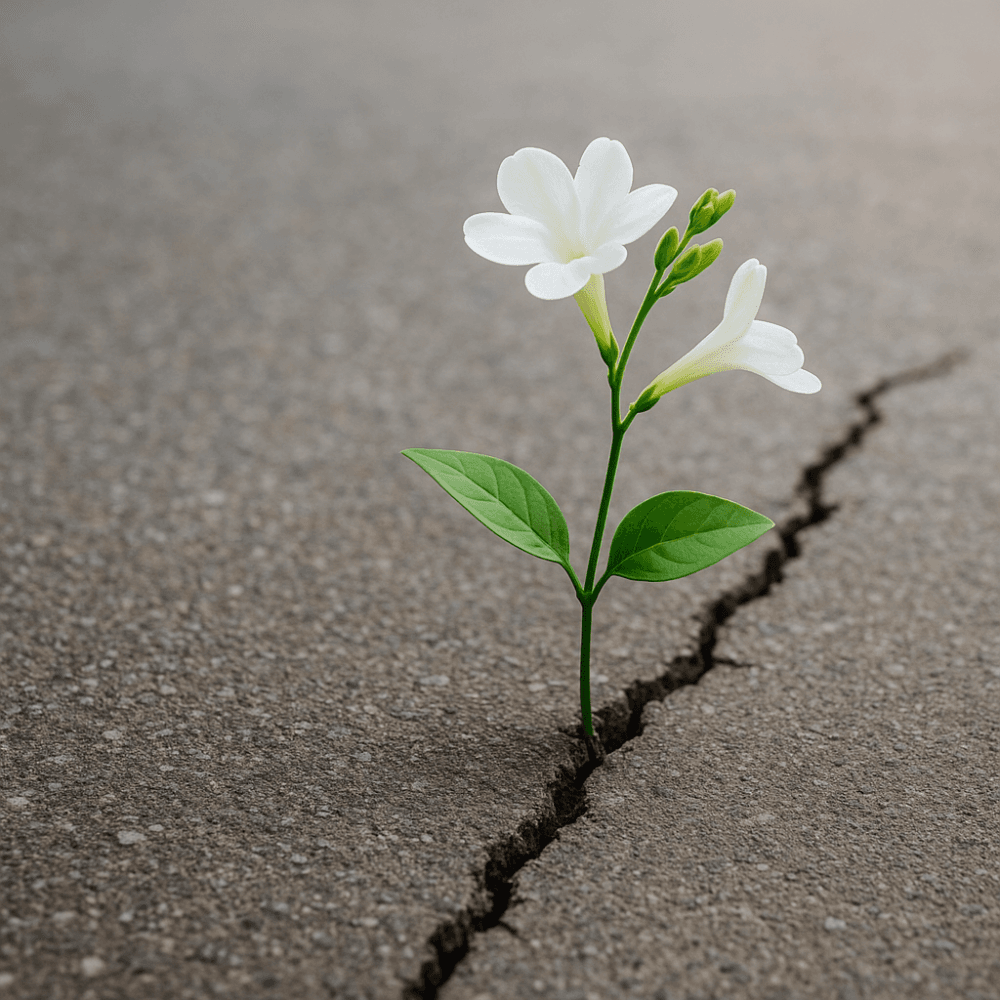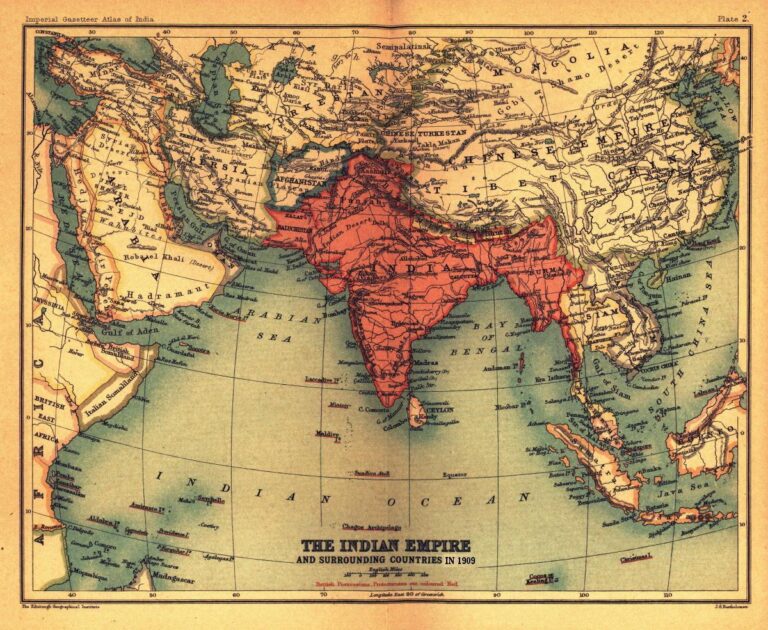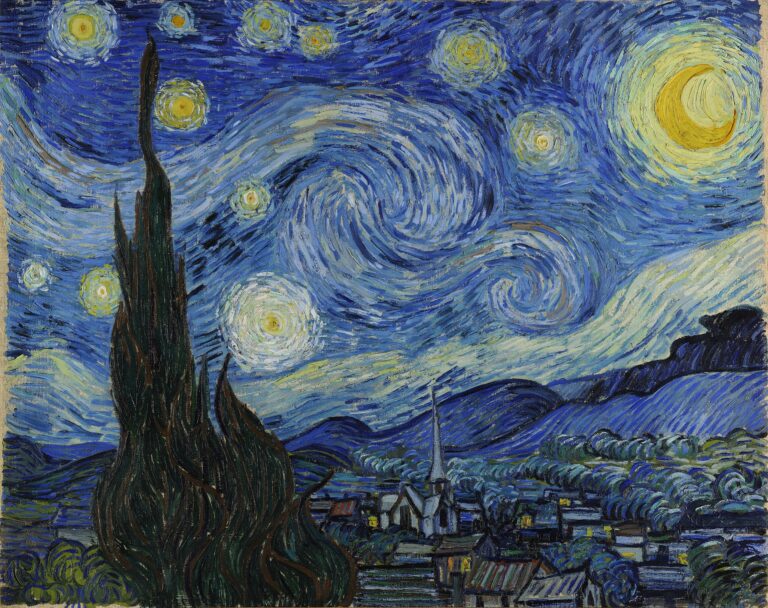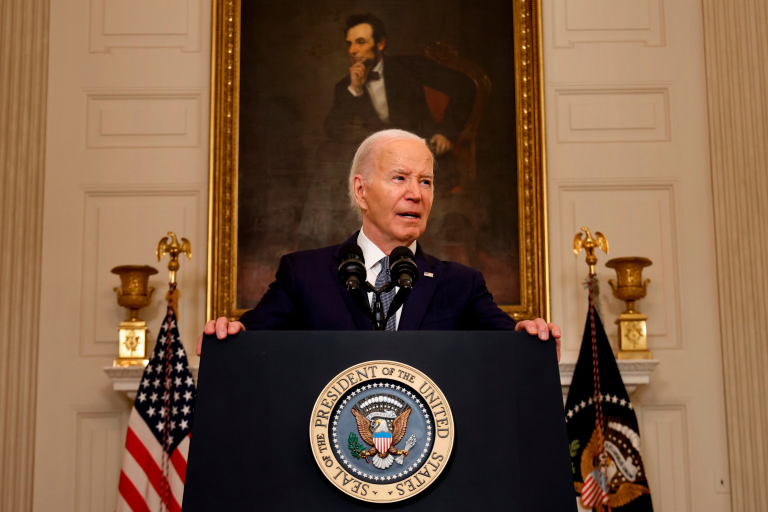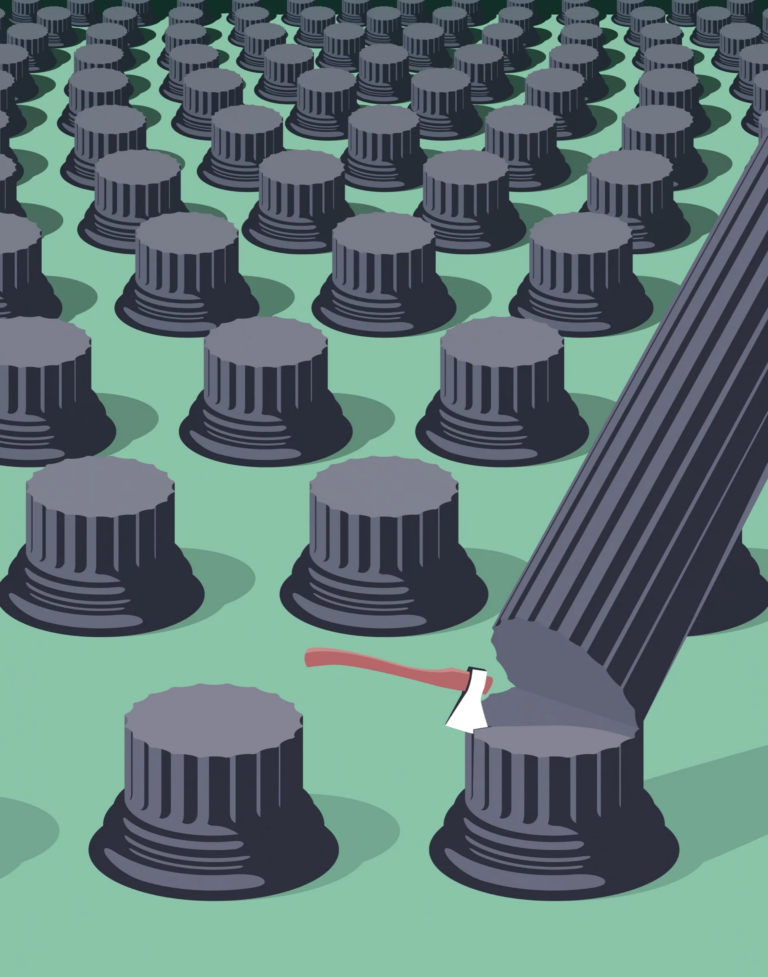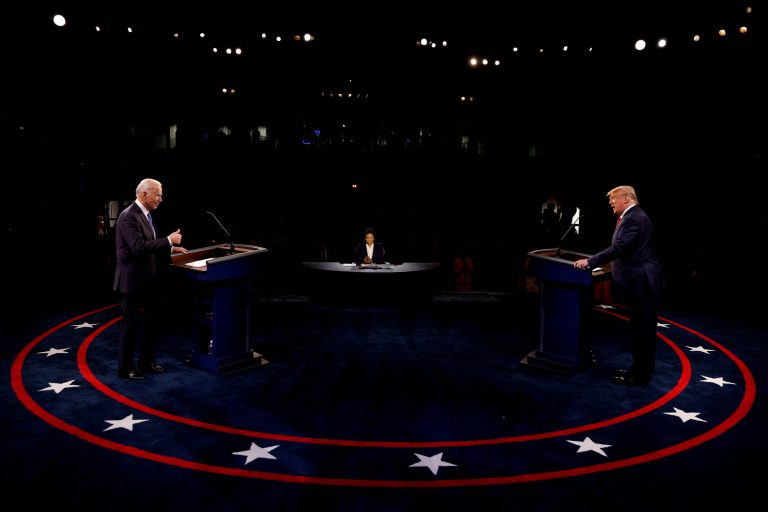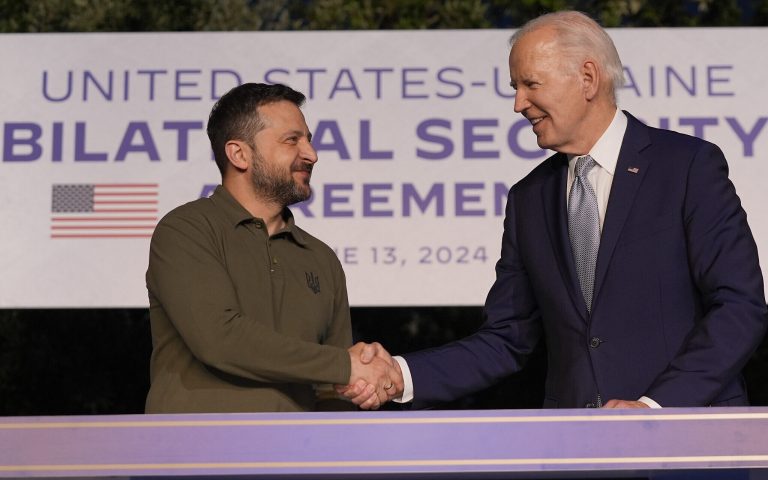Without any doubt, it is commonsensical to postulate that everyone admires certainty. Yet, most, if not all, may see themselves as stuck in a quagmire; nonetheless, it is not strenuous at all to succumb to nihilistic contemplation: that is to say, our life has neither meaning nor value—especially given the current circumstances. Besides, we seem to be the immobile spectators of the evolution of our civilization—bearing witness to the massive upheavals, that too, at lightning speed, particularly in the recent past.
On the surface, the topical developments beckon an overarching hue of, in essence, “things heading in the wrong direction.” Definitely, I would not contest such a notion; any predicament need not be either contextualized or contested via professorial musing.
Likewise, whilst gauging the zeitgeist as a whole, I have in my past writings focused on three pertinent phenomena that transcend any nation-state, gender, or cultural group; mainly, those are massive economic distress, political movements that overturn conventional norms, and lastly, a spasm in our collective cultural canon. These “phenomenon” certainly seems like professorial musing, that said, is there something incorrect in the way we look at our social reality?
At its core, is the dichotomy that is drawn between the idea of self-esteem—hope—and, on the other hand, the state of affairs—reality—a misnomer? It may be, or they may be coupled (interwoven) together, having a syncretic relationship.
Hitherto, the process of propagating the many misgivings in our world in no sense whatsoever entails a high degree of exertion; yet, has our agency of over-scrutinizing the society compelled us into being less of seers and more of blamers, in other words, being quick to criticize, though forgetting the many great deeds that are part and parcel of “us”: a moral framework that is bounded by wisdom, virtue, and compassion is abstract that presumably is contingent upon a fantastical universe, except, after all, the other forms of dogma are merely concepts too, be they political, economic, or social.
Furthermore, It seems unfathomable to deem the ideas of solidarity amongst people to be arbitrary. If globalization of our economic system serves as the first principle of the 21st century, then simultaneously, such should percolate to our individual selves: the globalization of our value system. In simple terms, to accept others as they are—without the indulgence in outlandish logical deductions. With such a dictum, by no stretch of the imagination does it either sanctify suffering or capitulate under the whims of malpractice; on the contrary, it enables us to go beyond the binaries entrenched between us.
But such a framework seems to contradict the core tenets of democracy. However, a democracy is filled with a deep void when it is bereft of being able to succumb to thinking freely without malign forces penetrating the overarching thought process. At this juncture, it is imperative to be cognizant in a collective manner of the many ways, mainly denigrative, that have ushered in with the advent of an omnipotent tool, which, in essence, is devised to create a reality poised to sow disdain and eviscerate hope—the many platforms that are so ubiquitous that our reference towards a societal anecdote is largely stemmed from an artificially curated technology. Our reliance on LLMs will further exacerbate the dismal state; its effect will not be insular to minutiae anecdotes, but in tandem it will give intellectual credence to our fictitiously instilled dogma: industrializing our uncertainty.
Notwithstanding all the forces masquerading as being for the good, in turn, envisaging hope does not have to be as convoluted as our tendency of blaming has transmogrified into. It is the mundane, superfluous, tedious-looking, trivial instances in our lives that supersede any online post or stringent ideology. Exuding goodwill will only solidify the resolve to see the betterment for the self and the others. Also, any professorial musing or compelling new theory that feigns to explain our social reality is best kept amongst the ones absolving the cacophony. The prerogative lies on us to be resilient, courteous, flawed, and hopeful beings that see the future as waiting to blossom. Without forgetting, an astonishing quote catches our innate attribute to see the magnificence of a bright new day: “’Tis better to have loved and lost than never to have loved at all.”
